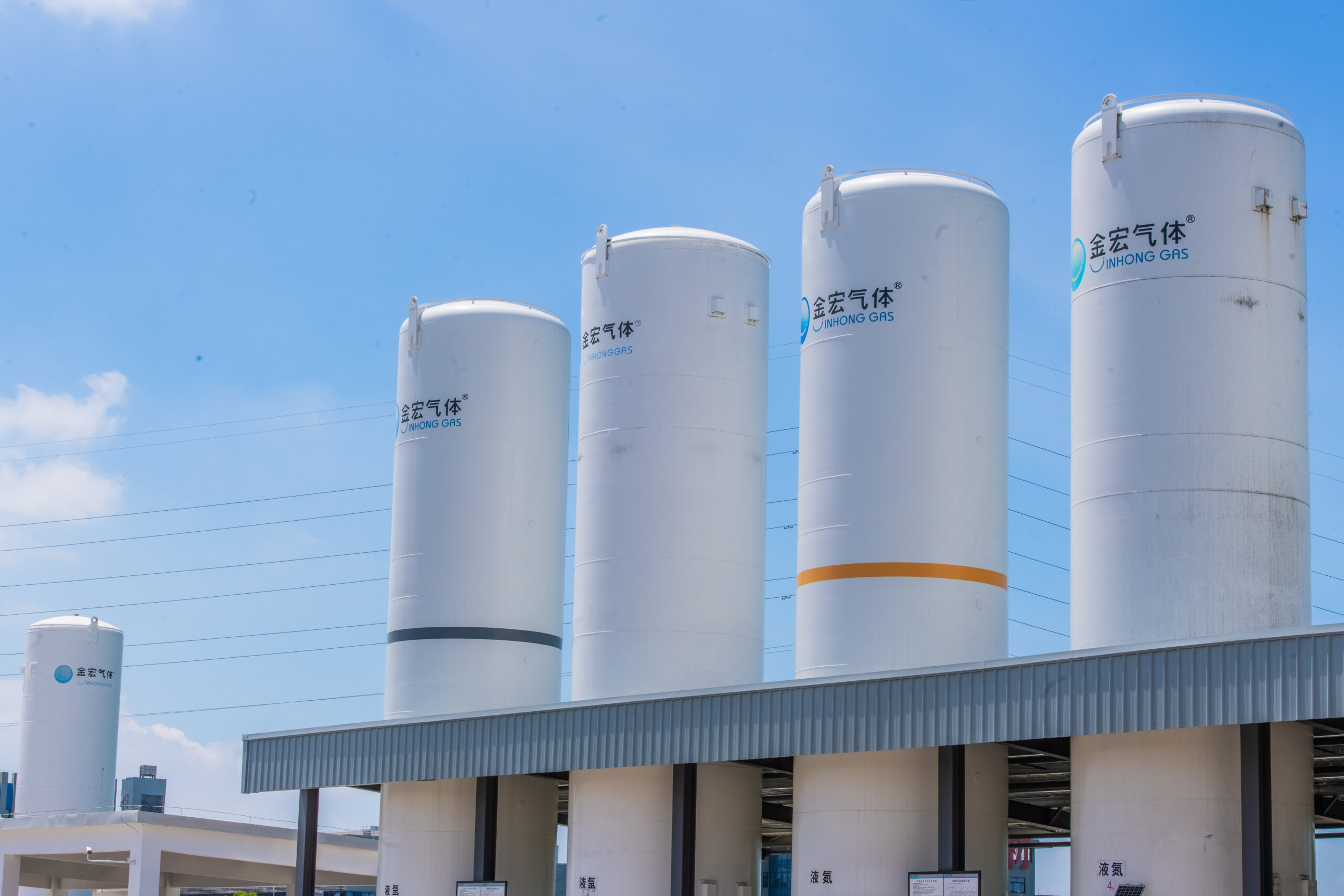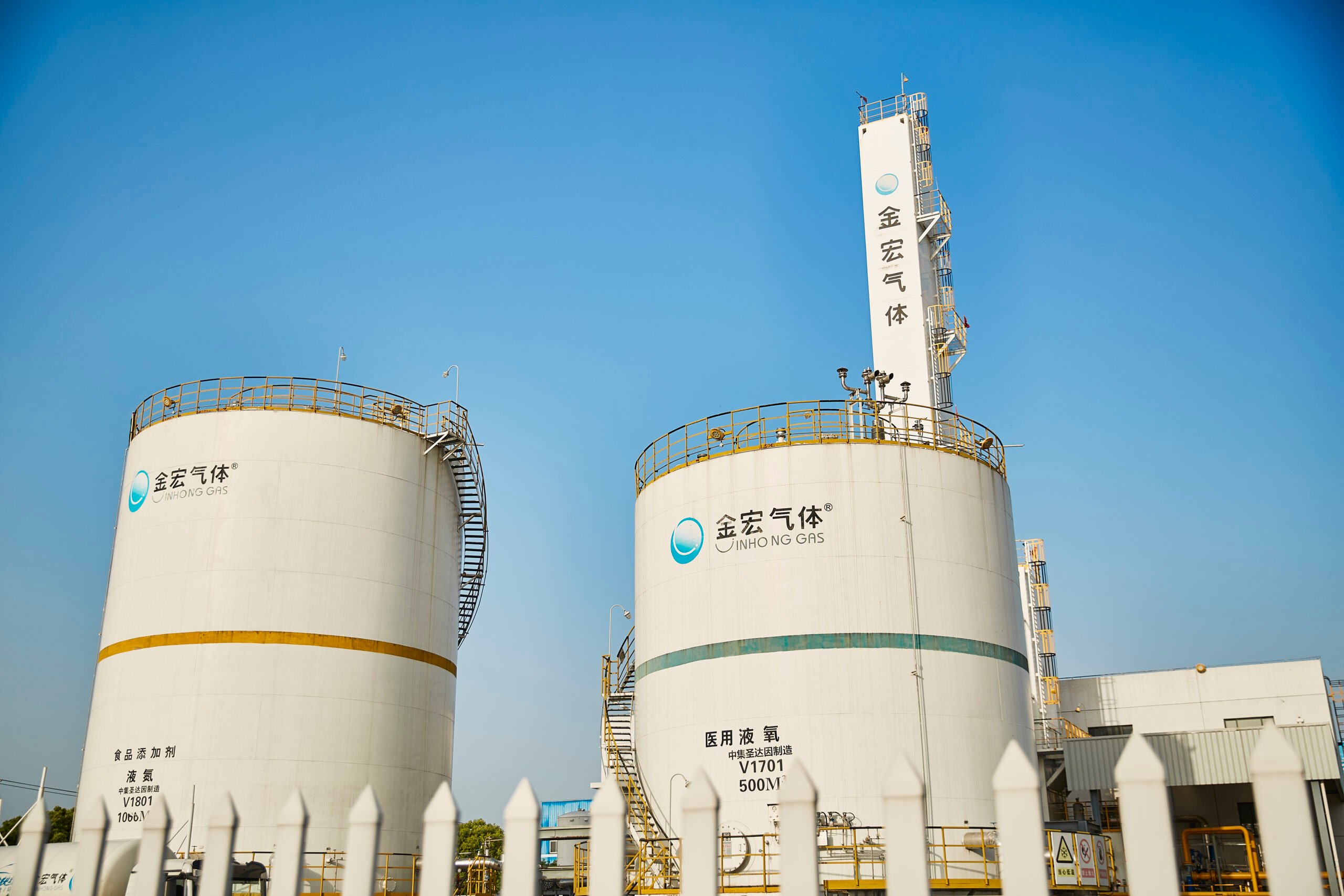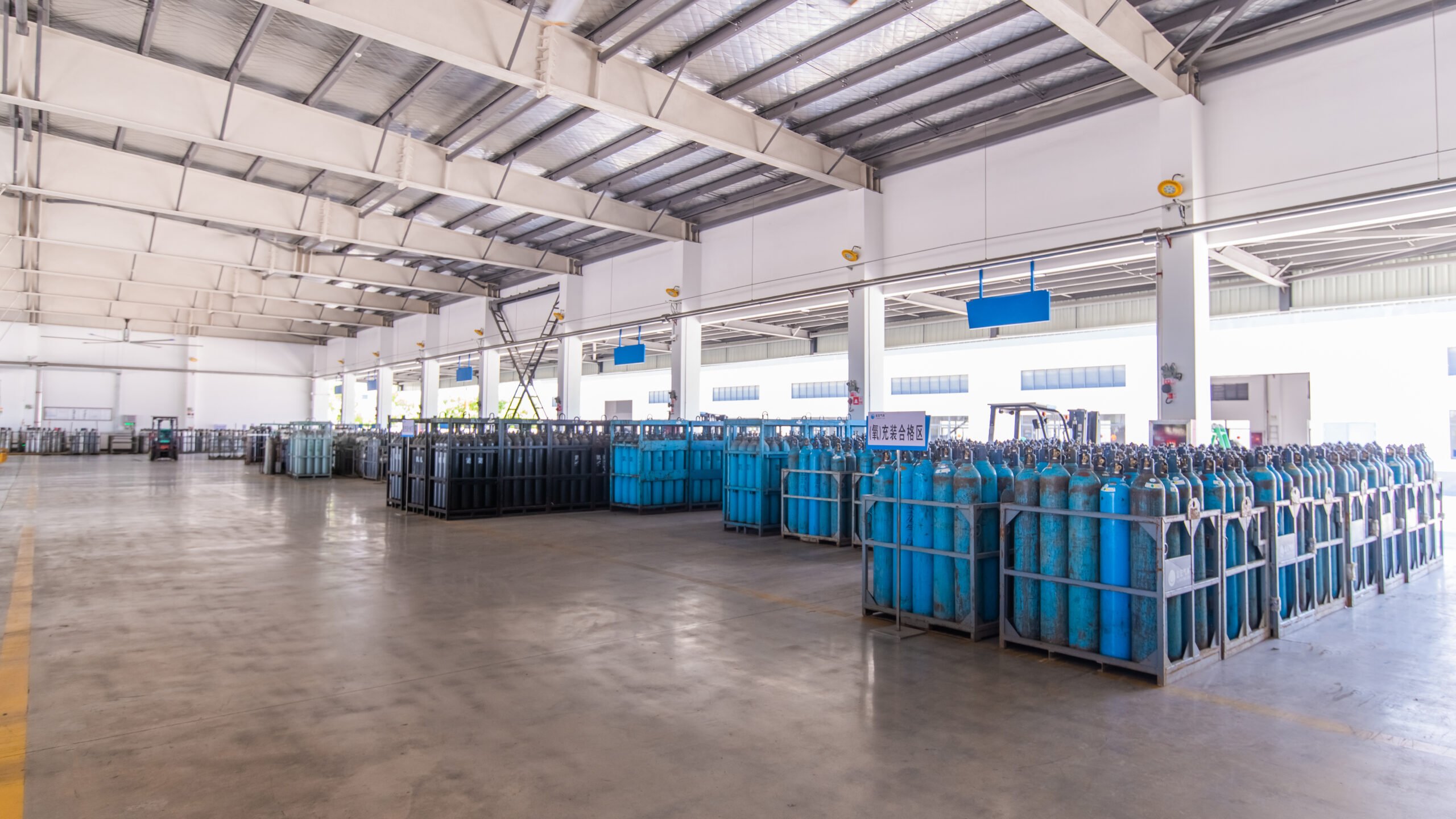Uses of ammonia
Ammonia is a colorless gas with a pungent odor and is widely used in industrial production, medical and health care, and environmental protection. The specific uses are as follows:
- Industrial production: industrial ammonia can be used as a raw material for the manufacture of fertilizers, synthetic fibers, plastics, and rubber. At the same time, it can also be used in processes such as welding, metal surface treatment, and refrigeration.
- Medical and health care: Ammonia can be used in medical diagnosis, such as breath tests and urea breath tests. In addition, ammonia is also used for skin and wound disinfection, and as a drug for the treatment of heart disease.
- Environmental protection: Ammonia can be used for wastewater treatment and air purification, such as using ammonia for deodorization, or using it as a denitrifier to reduce nitrogen oxide emissions in exhaust gas.
Precautions for using ammonia
Although industrial ammonia is an important chemical, it is also toxic. Therefore, the following safety measures should be taken when using ammonia:
- Wear protective equipment: When using ammonia, you need to wear protective glasses, gloves, gas masks and other safety equipment to prevent it from causing harm to the body.
- Avoid contact with the skin and respiratory tract: Because ammonia is highly toxic, it should be avoided when using it. When ammonia leaks, you should leave the scene in time and breathe fresh air.
- Avoid mixed use: Ammonia should not be mixed with oxygen, acetylene and other substances, because these substances are prone to produce explosive gases.
- Storage precautions: When storing ammonia, avoid contact with water, acid and other substances. At the same time, ammonia should also be kept in a dry and ventilated place to avoid danger.
Ammonia is a widely used chemical substance, but safety measures should be taken when using it to avoid harm to the body.



